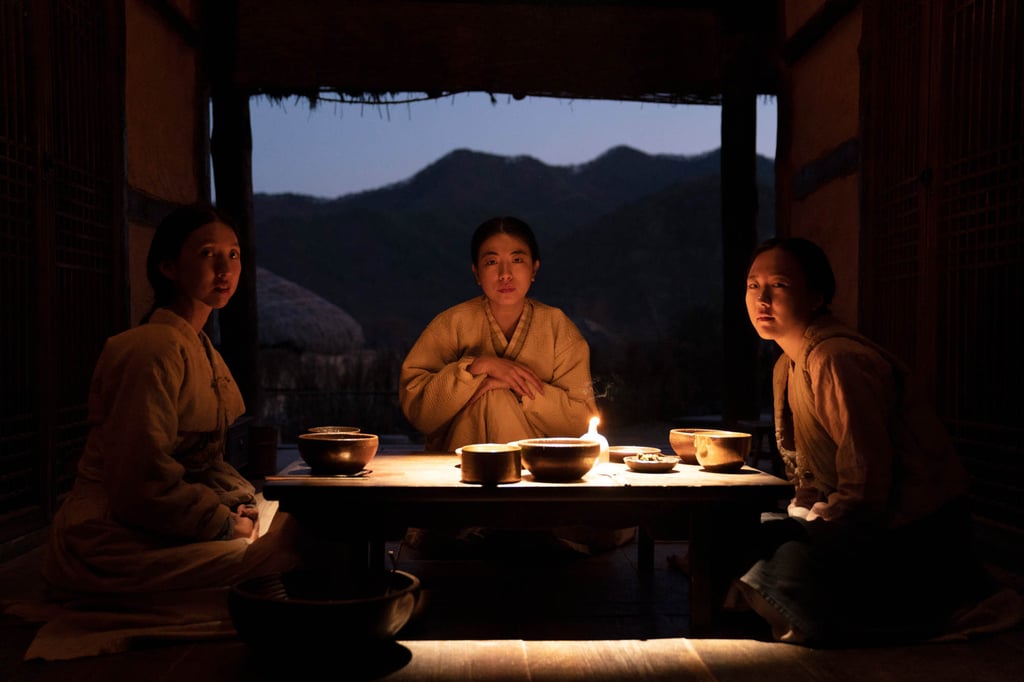What a view | Best shows to stream this week – Pachinko and Downfall: The Case Against Boeing
- Unflinching Apple TV+ series Pachinko follows four generations of a family of Korean immigrants in Japan, living under colonial rule and dealing with bigotry
- Meanwhile, Downfall: The Case Against Boeing is a damning examination of the scandal surrounding the two avoidable crashes of the ill-fated Boeing 737 MAX

There can’t be many Korean-Japanese-American-Canadian joint productions of Korean-Japanese historical dramas featuring joyously loud hit singles from Talking Heads and The Cure. But Pachinko (Apple TV+) isn’t your ordinary Korean-Japanese-American-Canadian joint production.
Told in Korean, Japanese and English, the tale flits from Busan in 1910 and later to Osaka, and Tokyo in 1989, at the peak of Japan’s “economic miracle”. In Tokyo, Solomon Baek (Jin Ha), a Zainichi Korean descendant, is floundering in his efforts to buy land on behalf of his American bank employers.
Dubious about his motivation is his grandmother and hard-life endurance champion Sunja (Young Yuh-jung; Minha Kim in earlier scenes), who experienced the roughest possible end of the emigration-to-Japan deal decades earlier.

And still not meeting with her full approval is her son, Mozasu (Soji Arai), Solomon’s father, a success in the shady, Korean-dominated pachinko parlour business – which, in the first series at least and despite the show’s title, doesn’t provide a strategically important setting. It is, however, useful shorthand for Koreans exacting financial revenge on their Japanese tyrants of yore.
